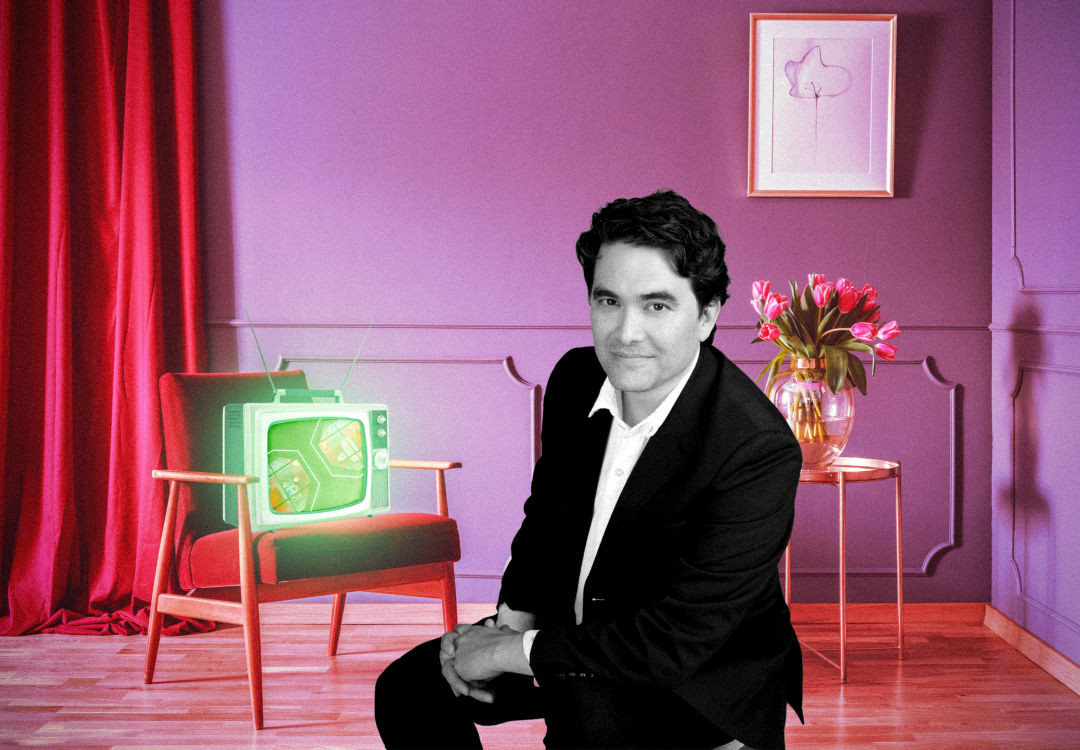The hit Netflix series Love Is Blind has captivated audiences with its unique premise: Can people fall in love without seeing each other? The show’s popularity has sparked a wave of analysis, from humorous commentary to in-depth psychological evaluations. This article explores how the show provides valuable insights into relationship dynamics and offers guidance on navigating the complexities of love, both on and off screen.
 alt text: A composite image featuring Dr. Kirk Honda, the host of Psychology in Seattle, alongside promotional imagery for Love is Blind.
alt text: A composite image featuring Dr. Kirk Honda, the host of Psychology in Seattle, alongside promotional imagery for Love is Blind.
Decoding Love Is Blind: More Than Just Entertainment
Love Is Blind presents a fascinating social experiment: singles interact in “pods,” building connections solely through conversation. While the setting is unusual, the relationship challenges faced by the participants are often relatable. The show’s appeal extends beyond entertainment; it offers a platform for learning about communication, attachment styles, and personal growth.
Learning from the Pods: Real-Life Relationship Lessons
The show’s compressed timeline intensifies emotions and accelerates relationship development. Observing how contestants navigate these high-stakes situations provides valuable real-world insights. Recognizing patterns of behavior, such as love bombing, codependency, and defense mechanisms, allows viewers to identify similar dynamics in their own relationships.
Expert Analysis: Dr. Kirk Honda and Psychology in Seattle
Dr. Kirk Honda, a Seattle-based therapist and host of the popular YouTube channel Psychology in Seattle, offers insightful commentary on Love Is Blind. His analysis delves into psychological concepts like attachment theory, narcissism, and trauma, providing viewers with a deeper understanding of the contestants’ behaviors. Honda emphasizes that he’s not diagnosing participants but rather using the show as a teaching tool to illustrate common relationship issues.
The Power of Reflection: Applying Insights to Your Own Life
While the dramatic setting of Love Is Blind might seem far removed from everyday life, the underlying relationship dynamics are universally relevant. By observing the contestants’ successes and failures, viewers can gain valuable insights into their own communication styles, emotional triggers, and relationship patterns. Honda encourages viewers to develop self-compassion and seek professional help if needed.
Beyond the Screen: Fostering Empathy and Understanding
Honda’s analysis of Love Is Blind promotes empathy and understanding, both for the contestants and for viewers themselves. He highlights the impact of past traumas on current relationships and encourages viewers to approach themselves and others with compassion. The show, when viewed through a psychological lens, becomes a powerful tool for personal growth and relationship building.
From Reality TV to Real-Life Growth: The Takeaway
Love Is Blind provides a unique opportunity to learn about relationships in a compelling and engaging format. By analyzing the contestants’ behaviors and applying psychological principles, viewers can gain valuable insights into their own lives and develop healthier relationship patterns. The show reminds us that while finding love can be blind, understanding ourselves and our partners requires clear vision and compassionate insight.

